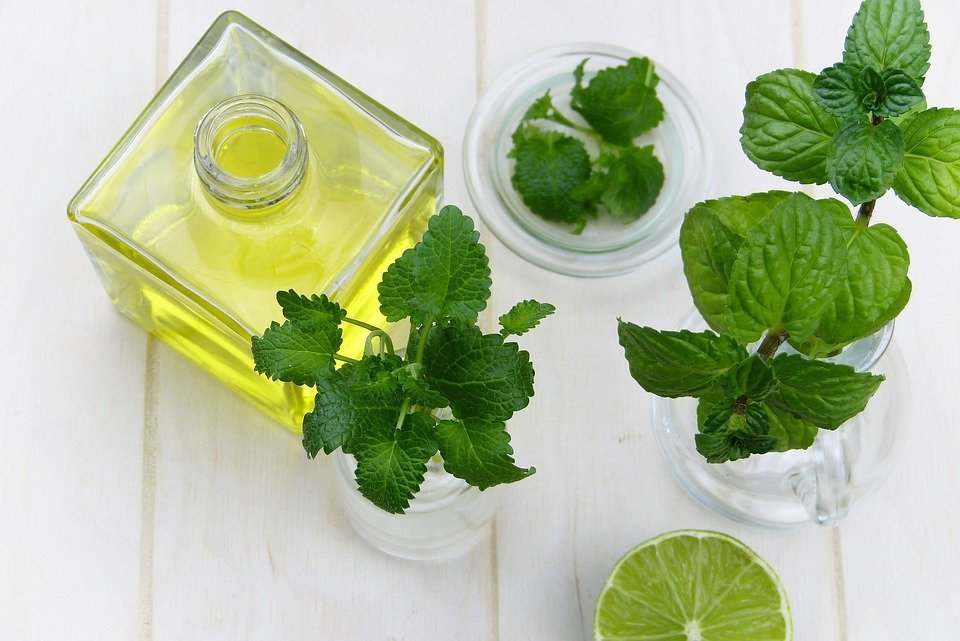Essential Oils For Aromatherapy

An essential oil is typically a concentrated hydrating, ethyl alcohol containing a variety of aromatic volatile organic compounds in plants. Essential oils have been known for centuries and are widely used in aromatherapy. Essential oils occur in many different types of plants, including roses, wormwood, peppermint, lemon, ginger, orange, lavender, chamomile, jasmine, cedar, mint, eucalyptus, thyme, rosewood and many others. Essential oils are derived from the natural oils of plants but are not digested in the human digestive system. They are extracted from the leaves, stems, fruits, and roots of plants, then processed for use in aromatherapy products. You can read more here about these essential oils.
Aromatherapy is based on the theory that certain scents can heal physical and psychological illnesses. Aromatherapy products may contain pure essential oils or a combination of different fragrances to provide a consistent aroma that can be soothing. Some essential oils may have a calming effect, such as lavender, lemon, or tea tree. However, it is important to note that any product that has a significant amount of concentrated fragrance should not be used in areas where there are thinning air or a lack of oxygen. These oils can be potentially dangerous and even fatal if used improperly. It is possible side effects of using essential oils that can interact with medications or counteract their effects. To know more about these essential oils, check out the life science publishing essential oils.
Essential oils can also be diluted to create a fragrance similar to eucalyptus. For example, tea tree oil is a very common essential oil that has been found to be effective in treating many health conditions. However, this oil should not be used in concentrations larger than thirty percent. Because of this, many people choose to purchase eucalyptus in its purest form, which is around fifty percent concentrations. Essential oils can also be added to bathwater or sprayed on skin to obtain the same benefits.
When purchasing essential oils for aromatherapy, it is important to check the label to ensure that the product contains just the right amount of essential oils. For example, some products claim to contain a hundred percent tea tree essential oils but only include a couple of drops. The drops may appear to be a smaller quantity than the whole essential oils, but they are still diluted enough to be safe for use. Using an appropriate carrier oil will help to make sure that the oils are distributed properly throughout the body.
Essential oils can be purchased in bottle form and applied directly to the skin surface. You can also purchase a diffuser to distribute the oils throughout your home. Most people prefer to use oils on their skin because the essential oils tend to be much easier on the skin than harsher scents. However, you may feel more comfortable applying the essential oils directly to the skin if you are using a carrier oil to protect your skin from direct exposure to the scent.
There are many benefits associated with using essential oils for aromatherapy; they have been found to relieve depression, improve memory and mental clarity as well as improve relaxation and well-being. Essential oils have been used for thousands of years to treat ailments including: headache, colds, flu, arthritis, stomach issues, insect bites, joint pain, head pain, muscle pain, anxiety, insomnia, fatigue, insect bites, nausea, and nausea. Aromatherapy is becoming more widely recognized for the positive benefits it provides to those who use it as well as to those who provide it. While there is no scientific evidence that using essential oils for aromatherapy will actually cure any specific ailment, they do offer a healthy alternative to prescription drugs, which can have harmful side effects. They can also be used on a continuous basis for the benefit of your overall well-being. If you want to know more about this topic, then click here: https://en.wikipedia.org/wiki/Aromatherapy.
